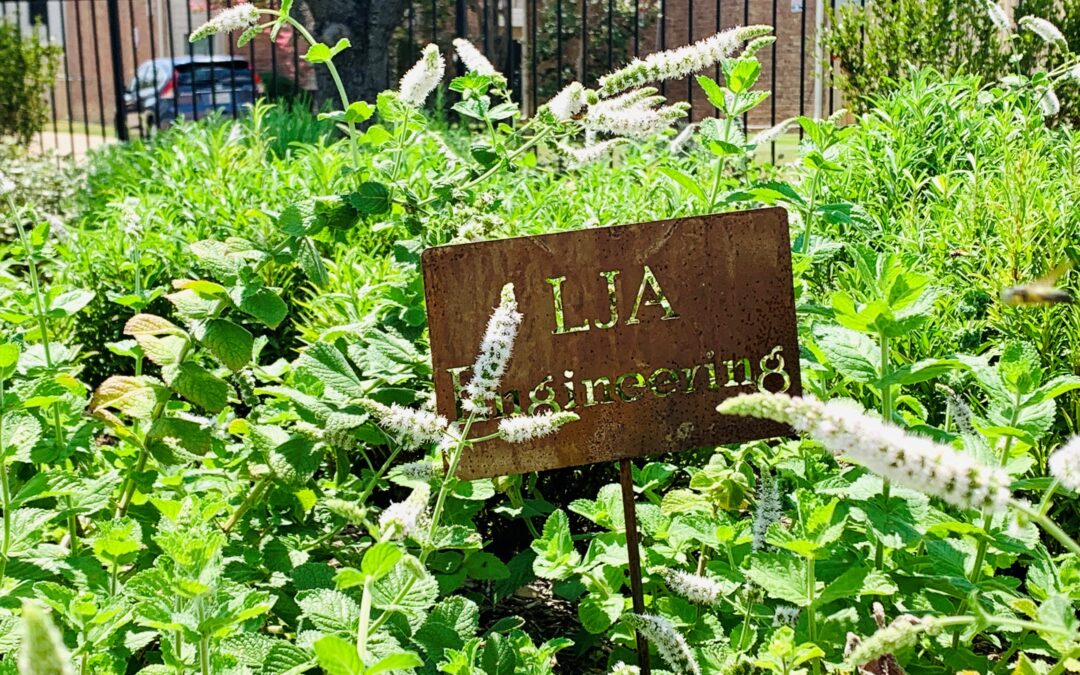It’s not noticeable to the naked eye and frequent guests at Woodchase Park won’t even notice the change. But Westchase District has adopted new organic landscape maintenance procedures at the park that will have long-term benefits to the community.
Irma Sanchez, Westchase District’s vice president of projects, admits that she was hesitant about converting to organic maintenance, believing it to be a more expensive alternative to traditional maintenance. But when the District issued the bid specifications for organic maintenance, the bids came in comparable to the costs for traditional maintenance.
No pesticides; no mulch
“The big difference between organic and non-organic maintenance is that we’re not using any pesticides in the park,” noted Sanchez. “But there is so much more to being organic than eliminating pesticides.”
Sanchez attended a workshop offered by the Organic Horticulture Benefits Alliance (OHBA) to learn more about what would be involved in going organic. “We learned about pruning, how to properly plant trees, choosing the best plants and teaching plants to rely on rainwater rather than being dependent on irrigation,” said Sanchez.
Sanchez said Woodchase Park was a great place to start, because the park is different from District-maintained esplanades in that humans and pets enjoy the park, while esplanades are just a “drive by” landscape asset. “We want to ensure that the park is safe for adults, their children and their pets,” said Sanchez.
Traditional landscape maintenance would have called for the park’s lawn to be aerated, because its heavy daily use means the soil is compacted. But aerating destroys the roots of the grass, Sanchez learned. So humates have been applied to the grass instead. Humates biologically aerate the soil and stimulate the root system. They increase the soil’s ability to hold water, provide additional carbon and are an instant food source for the soil’s biology.
Humates will also be applied twice annually – in March and July – to the ornamental shrubs and trees in Woodchase Park. “Over time, we’ll see thicker plant material and better performing plants in the park,” said Sanchez. “The plants will develop longer, stronger root systems. As that happens, they’ll require less water, which will save money. We’re essentially teaching them how to survive in their environment.”
In addition , Woodchase Park has added new recycling bins that are put out during large events for aluminum cans and PET1 plastics.


